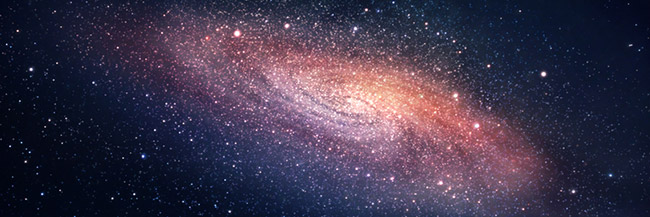Complete Chronology Resource

A chronology is an arrangement of historical events according to their dates of occurrences. Chronologies are very useful as they enable people to understand and appreciate history. In education, chronologies assist scientists and historians in their attempts to estimate the ages of certain objects, theories, or plant and animal species. They also promote understanding of various historical cultures and help scholars evaluate the relationships between events that happened in the past and those of the present and future.
Global and Regional History
Global history goes back beyond the prehistoric times, and some of its earlier chronological dates are just estimates. Certain regions in Africa and Asia have a very long history, but their historical events were never recorded. Nevertheless, chronologies from other regions are still intact up to the present times. It is important for students to understand the time period or concurrent events in order to gain perspective on global social and political climate.
- World History Chronology: This chronology covers the history of mankind from 5,000,000 BC to the present.
- European History Timeline: A timeline of the major events that took place in European history.
- South America Chronology: This chronology covers the historical events of Latin America from 30000 BC to 1999 AD.
- India and South Asia Chronology: This comprehensive chronology on India covers the time period between 3200 BC and 1994 AD.
- Africa Chronology: A detailed timeline that provides information on African history from 1000 BC to present.
- Australian Chronology: This is the chronological history of Australia from 70,000 BC to present.
World Religions
Religion has been a part of human life since before the beginning of civilization. Human beings have consistently expressed a belief in the existence of a higher power or supreme being, and almost every culture has its own unique method worship or religious expression. As human civilization became more advanced over time, various religions around the world evolved in their own ways, each taking their place among different civilizations. Also, many new religions have emerged and some old religions are no longer in existence. Understanding world religions can help people gain a better understanding of the root problem in many global conflicts.
- Christianity Chronology: This chronology reveals the evolution of Christianity from 1 AD to 2007 AD.
- Protestantism Chronology: Timeline that covers the major events of the protestant reformation in the 16th century.
- Judaism Chronology: Brief chronology that covers Judaism history from 2000 BC to 1948 AD.
- Buddhism Chronology: A comprehensive chronology of Buddhism in Asia.
- Islam Timeline: Timeline of Islamic history.
- Confucianism Chronology: Confucianism timeline from 551 BC to 1969 AD.
Culture and Development
Since ancient times, people from different parts of the world have always explored ways to express themselves. Early human beings used to draw images in caves and on stone tablets to communicate their thoughts and emotions, and most importantly to leave a record of their achievements. Music was and still is a popular form of entertainment and expression, and it has been practiced since thousands of years ago. Nonetheless, some cultural practices have become distorted due to external influences and advancement in technology. Overtime, cultures also have an influence on each other, through constant exposure, different cultures can learn and adapt thanks in part to the ideas that are shared amongst the cultures.
- World Art Timeline: Timeline of the development of art history in various parts of the world.
- Western Art Chronology: This chronology provides an account of the history of western arts from 2,500,000 BC to present.
- Chinese Art Chronology: A timeline of Chinese art from 5000 BC to present.
- Contemporary American Art Chronology: Chronology of contemporary art in America from 1905 AD to 2001 AD.
